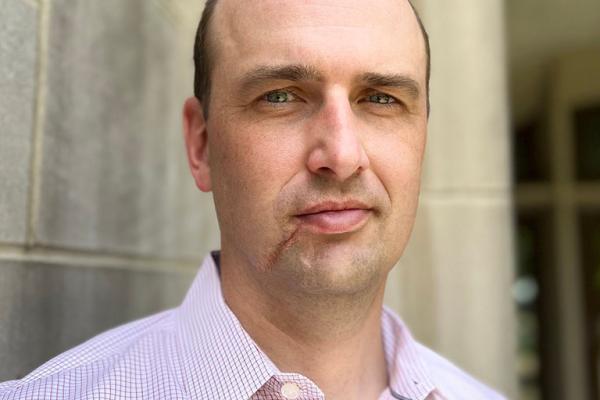
The DSC is also co-sponsoring a talk by Dr. Timothy Pleskac of Indiana University Bloomington, who has been selected by the Department of Psychology to be the 2024 James Naylor Speaker. The talk is scheduled for Friday, December 6 from 2:00-3:30pm in Psychology 35. Dr. Pleskac studies how people make judgments and decisions and how these shape behavior at the individual, group, and organizational levels. To study these questions, he uses computational modeling and methods from psychology, neuroscience, and behavioral science more broadly.
Talk Title: Using Cognitive Models to Characterize Social Biases: The case of the decision to shoot
Abstract: Data has long been seen as a means to identify social injustices, inequities, and discriminatory behaviors. However, data alone are insufficient to explain and predict these social biases. In this talk, I argue that cognitive modeling can be a crucial tool to address this limitation. To support my argument, I will focus on my recent work studying a police officer’s decision to shoot. Here we are developing an immersive shooting simulator paired with a dynamic decision-making model and psychophysical methods to model a police officer’s decision to shoot and establish how race may enter the decision. Our initial work with the model has shown that for novices, the target’s race is integrated over time as evidence, thus biasing decisions. For police officers, race tends to lead to an initial bias toward shooting. However, as we have made the task more representative of the actual situation officers face, although the general process remains the same, the effect of race systematically changes. For instance, giving officers prior information, in some cases, effectively wipes out the race bias. Yet, during more immersive videos, the race bias emerges in how officers extract evidence from the scene. More broadly, I hope to establish that although this decision to shoot can unfold quickly, the biases people exhibit in these decisions can change drastically over the briefest of intervals. Only with cognitive models and methods from artificial intelligence and machine learning can we make sense of them and help improve human performance in this high-stakes decision.
If you would be interested in meeting with Dr. Pleskac, please email Mike Dekay at dekay.3@osu.edu.
